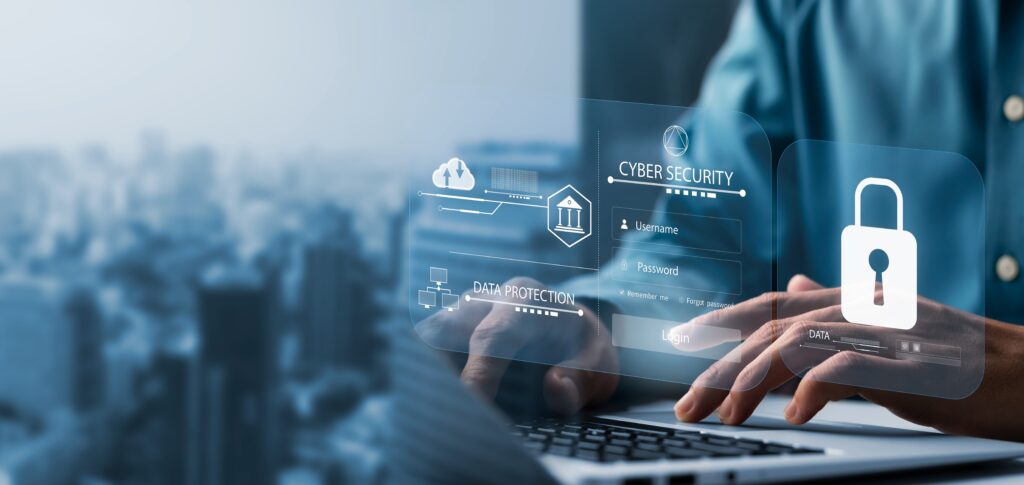Why Cybersecurity Matters for Your Accounting Needs
Posted on March 20, 2025 by Oozle Media

In today’s interconnected world, financial data is a prime target for cybercriminals. Whether you’re an individual managing personal finances, a business processing credit card transactions, or a company collaborating with an accounting firm, safeguarding your financial information is crucial. A cyberattack on your financial records can lead to identity theft, fraud, and significant financial losses. Understanding the risks and taking proactive steps to protect your data are vital for ensuring peace of mind and securing your financial future.
Why Cybercriminals Target Financial Data
- Valuable Information: Financial records contain sensitive details such as bank account numbers, tax documents, and personal identifiers, all of which are highly attractive to hackers.
- Identity Theft Risks: Stolen financial data can be used to commit fraud, including opening fraudulent accounts, securing loans in your name, or engaging in other forms of financial crime.
- Business Disruptions: Cyberattacks can hinder essential business functions, including tax filings, payroll processing, and financial transactions, causing operational delays.
- Reputation Damage: A data breach can undermine customer trust and severely damage your brand’s reputation, leading to loss of business and clients.
How to Protect Your Financial Data
1. Choose a Secure Point-of-Sale System
When selecting a point-of-sale (POS) system for processing transactions, ensure it includes robust cybersecurity features. Look for encryption to secure cardholder data, multi-factor authentication (MFA) for secure access, and regular security audits to identify vulnerabilities before they can be exploited.
2. Be Wary of Phishing Scams
Cybercriminals often masquerade as trusted entities, sending emails that request login credentials or financial information. Always verify the legitimacy of any email or message before clicking on links or providing sensitive data. When in doubt, reach out directly to the organization through verified contact details.
3. Use Strong Passwords and Multi-Factor Authentication
To secure your online financial accounts, create complex, unique passwords for each account and activate MFA. This adds an additional layer of protection, ensuring that even if a password is compromised, unauthorized access remains blocked.
4. Keep Software and Devices Updated
Keep your operating system, banking apps, accounting software, and security programs up to date. Regular updates often include critical patches that fix security vulnerabilities, helping to defend against emerging threats.
5. Monitor Your Financial Accounts Regularly
Frequent monitoring of your bank statements and financial reports helps you spot any unauthorized transactions or suspicious activity quickly. Early detection can significantly reduce the impact of fraud.
6. Backup Your Financial Data
Regularly back up important financial documents to a secure location—whether cloud-based or physical. This ensures that, in the event of a cyberattack like ransomware, you can restore your data without significant disruptions or financial losses.
7. Verify Third-Party Services
If you rely on third-party accounting software or cloud services, ensure they have a solid track record of cybersecurity. Choose providers with proven security measures and a commitment to data protection to minimize risks.
Final Thoughts: Cybersecurity is a Shared Responsibility
Cybersecurity isn’t just a concern for accountants—it’s a responsibility for anyone who handles financial information. By taking proactive measures to protect your data, you can prevent fraud, safeguard your identity, and maintain financial stability. Whether you’re an individual or a business, prioritizing cybersecurity will provide peace of mind and secure your financial future for years to come.
Categories: Business


Leave a Reply